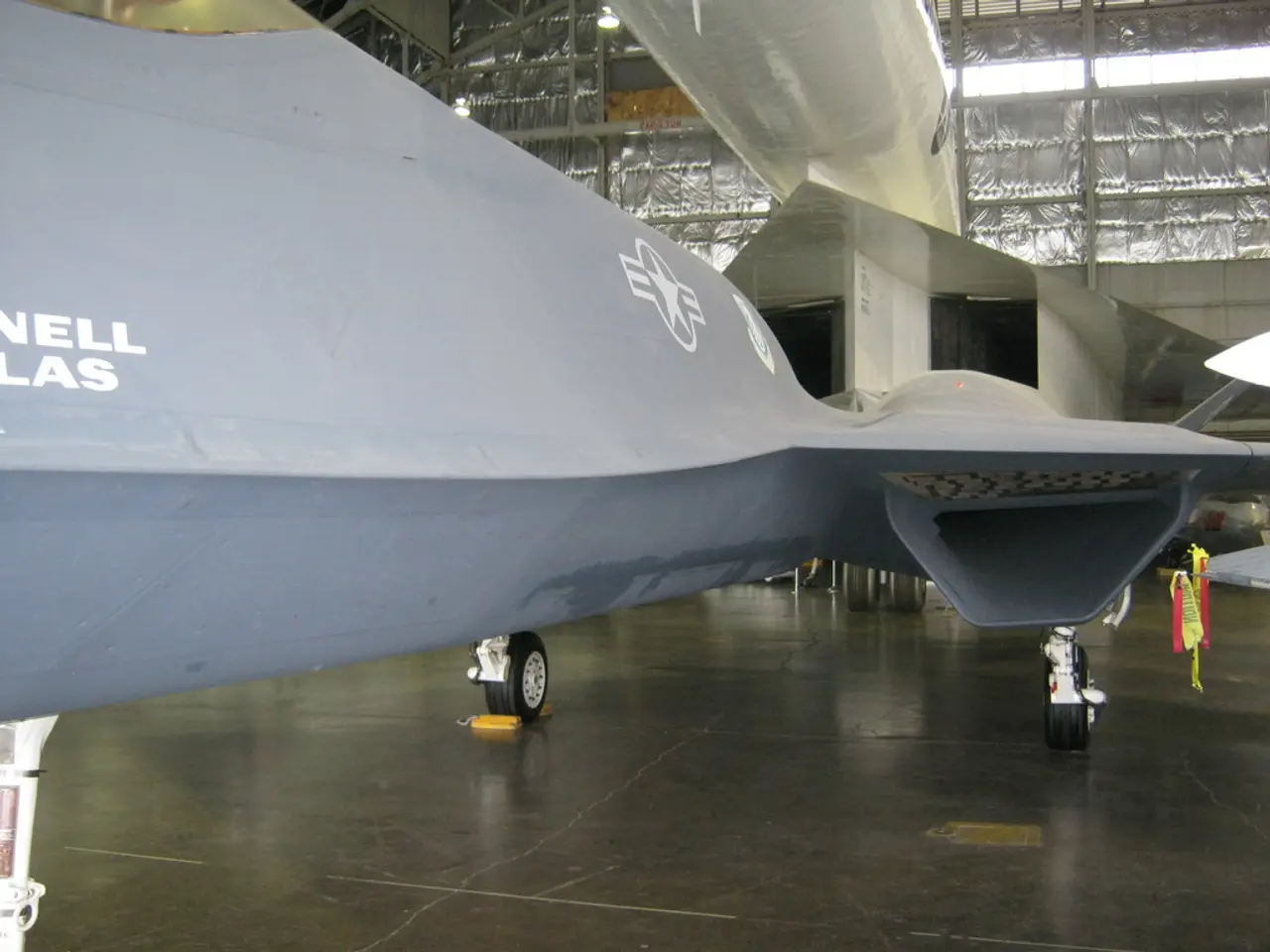Airline Iberia unveils transatlantic flight routes in €6 billion expansion strategy for North America
Iberia's spreading its wings across the Atlantic with a bang, unveiling new nonstop routes to Philadelphia, Toronto, and Monterrey as part of their game-changing 2030 Flight Plan. This strategic move aims to beef up their presence in the Americas and make Madrid-Barajas a premiere European hub. The spanish flag carrier's ambitious €6 billion investment plan includes modernizing their fleet, ramping up customer service, and reducing carbon emissions.
The three new routes, set to launch in 2025, represent a substantial leap forward in Iberia's transatlantic growth strategy. Toronto and Philadelphia lock in their grip on major North American markets, while Monterrey bolsters their position in Mexico, complementing existing services to Mexico City and Cancun. Iberia is keeping mum about start dates and flight schedules, but they're keen on operating the new services with Airbus A330 widebodies. They're also toying with the idea of using long-range A321XLR narrowbody jets, which could be perfect for destinations like Toronto and Philadelphia.
Marco Sansavini, Iberia's President and CEO, emphasized, "Thanks to Iberia's dramatic transformation over the past decade and the joint efforts of our team, we can confidently invest €6 billion in our 2030 Flight Plan. We aim to grow from our current 45 long-haul aircraft to 70 and elevate Barajas as a major European hub, bolstering Spain's global connectivity."
These new routes are just the beginning. Iberia's 2030 Flight Plan outlines increasing their long-haul fleet from 45 to 70 aircraft, refurbishing aircraft interiors, opening a luxurious premium lounge at Madrid's Terminal 4, and recruiting around 1,000 new employees per year. They also plan to develop a new corporate headquarters and pour money into digital tools to streamline operations and enhance customer experience. Iberia projects these efforts will generate nearly €19 billion for Spain's economy and support more than 250,000 jobs.
Sansavini added, "We anticipate hiring an average of 1,000 talented individuals each year throughout the duration of the 2030 Flight Plan. This will create countless opportunities for personal growth and development within the airline."
The Iberia's Madrid-Boston route demonstrates the aircraft's adaptability and economic viability for opening up new long-haul markets that aren't ready for larger planes yet. Iberia plans to deploy it on additional transatlantic routes in the near future, including Washington, D.C., and some of the newly announced destinations.
Iberia's renewed focus on the Americas comes after a successful earlier expansion in 2025, which involved adding flights to Orlando and two Brazilian cities, Fortaleza and Recife. The airline regards Latin America and North America as crucial markets, and these new routes underscore their commitment. By positioning Madrid as a stronger intermediary hub for travel between Europe and the Americas, Iberia seeks to boost its competitiveness within the IAG group and among European rivals.
In a nutshell, Iberia's aiming to expand beyond sheer size, focusing on improving quality, efficiency, and global significance. By introducing new aircraft, launching new routes, and investing in people and technology, they're striving to revolutionize the flying experience and offer more destinations, greater comfort, and a seamless journey for travelers crossing the Atlantic and beyond.
Iberia is planning to operate the new transatlantic routes, set to launch in 2025, with Airbus A330 widebodies, hinting at potential use of long-range A321XLR jets for destinations like Toronto and Philadelphia. Marco Sansavini, Iberia's President and CEO, stated that the aim of the airline's €6 billion investment plan is to grow their long-haul fleet from 45 to 70 aircraft, which includes refurbishing aircraft interiors and recruiting around 1,000 new employees per year. Iberia seeks to position Madrid as a stronger intermediary hub for travel between Europe and the Americas, thus boosting their competitiveness within the IAG group and among European rivals.





